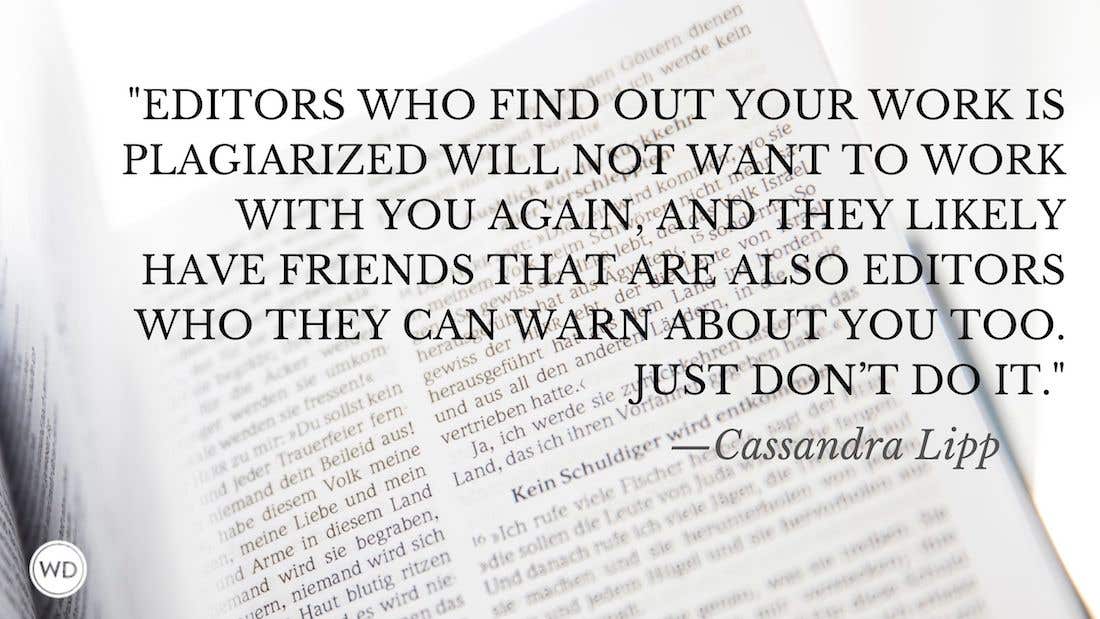Six Questions With Robert Pinsky
Six Questions With Robert Pinsky
U.S. Poet Laureate Consultant in Poetry Robert Pinsky is completing an unprecedented third term, releasing a book of poems, Jersey Rain (Farrar, Straus & Giroux), and watching his Favorite Poem Project take flight. The project is a collection of Americans reading aloud their favorite poetry. This month Pinsky gave the collection''s first installment to the Library of Congress.
What does poetry mean to Americans at the end of the 20th century?
There''s some indication that poetry represents our craving for an art that is on an individual and personal, rather than mass, scale.
You''ve mentioned in the Favorite Poem Project that inspiration came from watching students read poetry aloud and discuss it. You''ve said "something remarkable happens." What is that remarkable thing?
The breath of the reader becomes the artist''s medium. Across the distance in time and geography from, say, Emily Dickinson or John Keats to a young student in California, a peculiar form of collaboration—even a benign form of possession by one spirit of another—takes place in the medium of breath. And anyone listening perceives this, too. The performance may not be expert, but the phenomenon is powerful.
Tell us about the poems represented in the Favorite Poem Project''s audio and video recordings.
In keeping with the goals and nature of the Favorite Poem Project, there is a wide variety of poems represented. I can recall poems by Anna Akhmatova, John Ashbery, Aleksander Blok, Gwendolyn Brooks, Julia De Burgos, Countee Cullen, Emily Dickinson, Li Po, Andrew Marvell, Sylvia Plath, William Shakespeare, W.B. Yeats among the first 50. Eventually, we want everything to be available at the Web site, favoritepoem.org, and we want the material to find its way to broadcast and into the classroom, too.
During the project, did you find that many people knew some poetry by heart? Should we, as writers, memorize poetry?
Many people have some poetry by heart. For a writer, it provides what athletes call "body knowledge" or what musicians are familiar with as "getting it under your fingers." I think it is essential for any writer who wants to accomplish superior work.
Does your new book, Jersey Rain, reflect the globe-trotting life of a Poet Laureate?
Maybe a little, but mostly my writing reflects my experience down to the early strata, like a core drilling. A fair amount of the book was written in airplanes and airports, but the ocean is in it, and my mother''s injury when I was a child, and a piano, and many other things that don''t fit in the overhead luggage rack or under the seat in front of you.
How does Jersey Rain speak to where you currently are in your career as an artist?
I always hope that each book does something I haven''t done before. And I always hope that I''m about to start something new and better. Beyond those general principles, I guess I can say that a guiding figure in the book is the knight or samurai, a male figure who tries, absurdly or heroically or some of each, to live according to a code. But there''s also the figure of Hermes, god of music and thievery and communication.
This article appeared in the May 2000 issue of Writer''s Digest.








